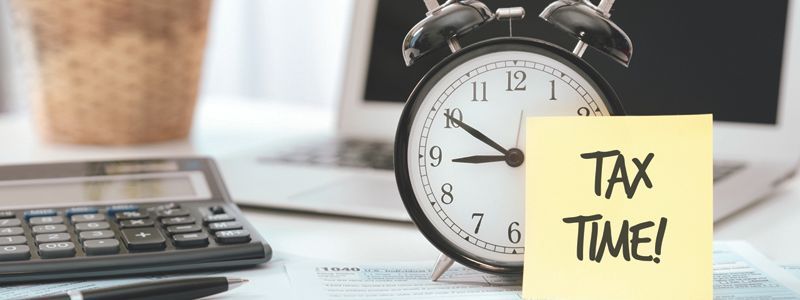Time to Bulk Up Your Emergency Fund
A financial crisis — such as a job loss or medical emergency — can strike when you least expect it. It is important to be prepared by having a financial safety net in place — not having one could prove to be financially devastating.
But bulking up your emergency fund isn't always easy, especially during times of economic uncertainty. According to a recent study, only 26% of people say they have more emergency savings than they did a year ago, and 39% say they have less.1
Generally, you'll want to have at least three to six months' worth of living expenses in a readily available emergency fund. Your living expenses include items such as your mortgage or rent, debt payments (e.g., credit card, car loan), groceries, and insurance costs. The actual amount, however, should be based on your particular circumstances. Consider factors like your job security, health, and income when deciding how much money you should save in your emergency fund.
When you reach your savings goal, try to keep adding to your emergency fund — the more money you have, the better off you'll be in an emergency. In addition, review your emergency fund from time to time — either annually or when your personal or financial situation changes. Major milestones like a new baby or homeownership will likely require some adjustments to your savings goal.
If you are looking for ways to bulk up your emergency fund, consider the following ideas.
- If possible, authorize your employer to directly deposit funds from each of your paychecks into an account specifically designated for emergency savings.
- Make increasing your emergency fund a habit by modifying your budget to include it as part of your regular household expenses.
- Put aside some of the money that you would normally spend on discretionary items like entertainment, vacations, and hobbies toward your emergency fund instead.
- Move funds from cash accounts or liquid assets (e.g., those that are convertible to cash within a year, such as a short-term certificate of deposit) into your emergency fund.
- Add earnings from other investments, including stocks, bonds, or mutual funds to your emergency fund.
The FDIC insures bank CDs, which generally provide a fixed rate of return, up to $250,000 per depositor, per insured institution.
(1) Bankrate, Annual Emergency Savings Report, January 2023
All Securities Through Money Concepts Capital Corp., Member FINRA / SIPC
11440 North Jog Road, Palm Beach Gardens, FL 33418 Phone: 561.472.2000
Copyright 2010 Money Concepts International Inc.
Investments are not FDIC or NCUA Insured
May Lose Value - No Bank or Credit Union Guarantee
This communication is strictly intended for individuals residing in the state(s) of MI. No offers may be made or accepted from any resident outside the specific states referenced.
Prepared by Broadridge Advisor Solutions Copyright 2020.












